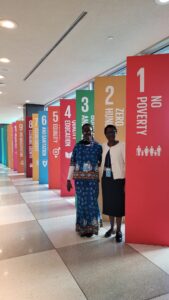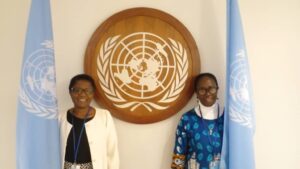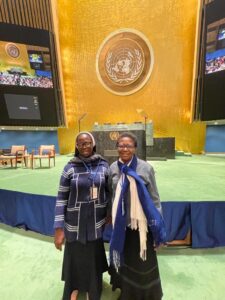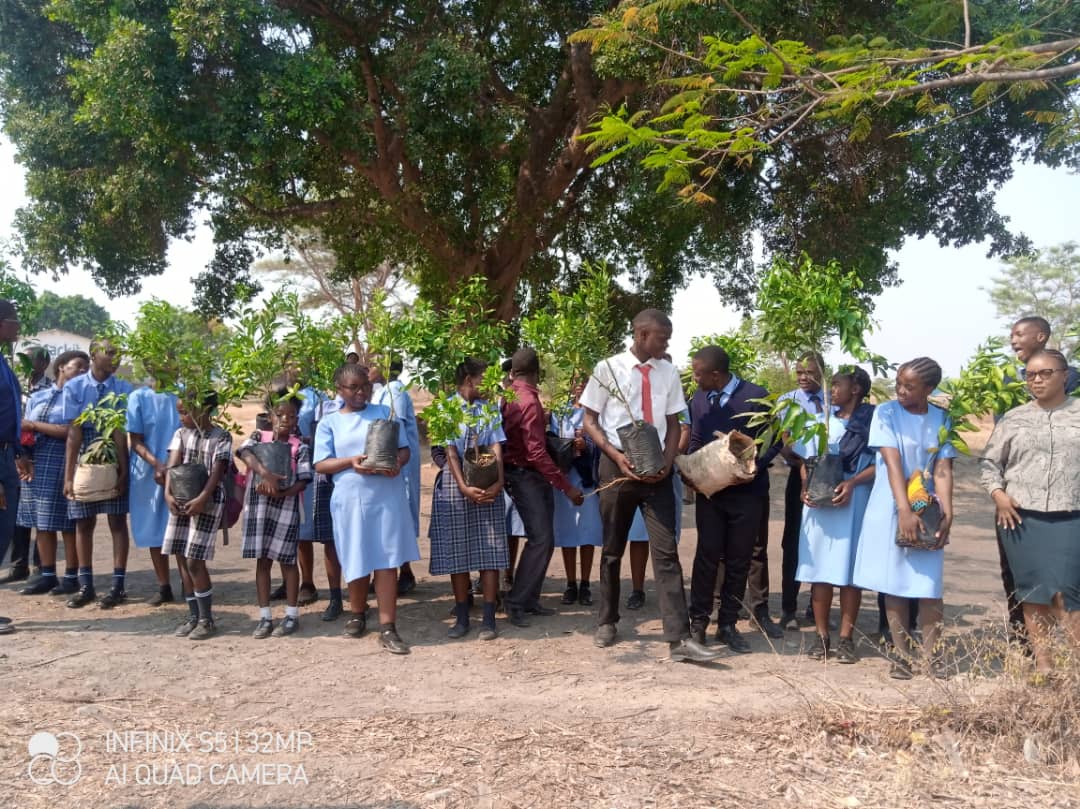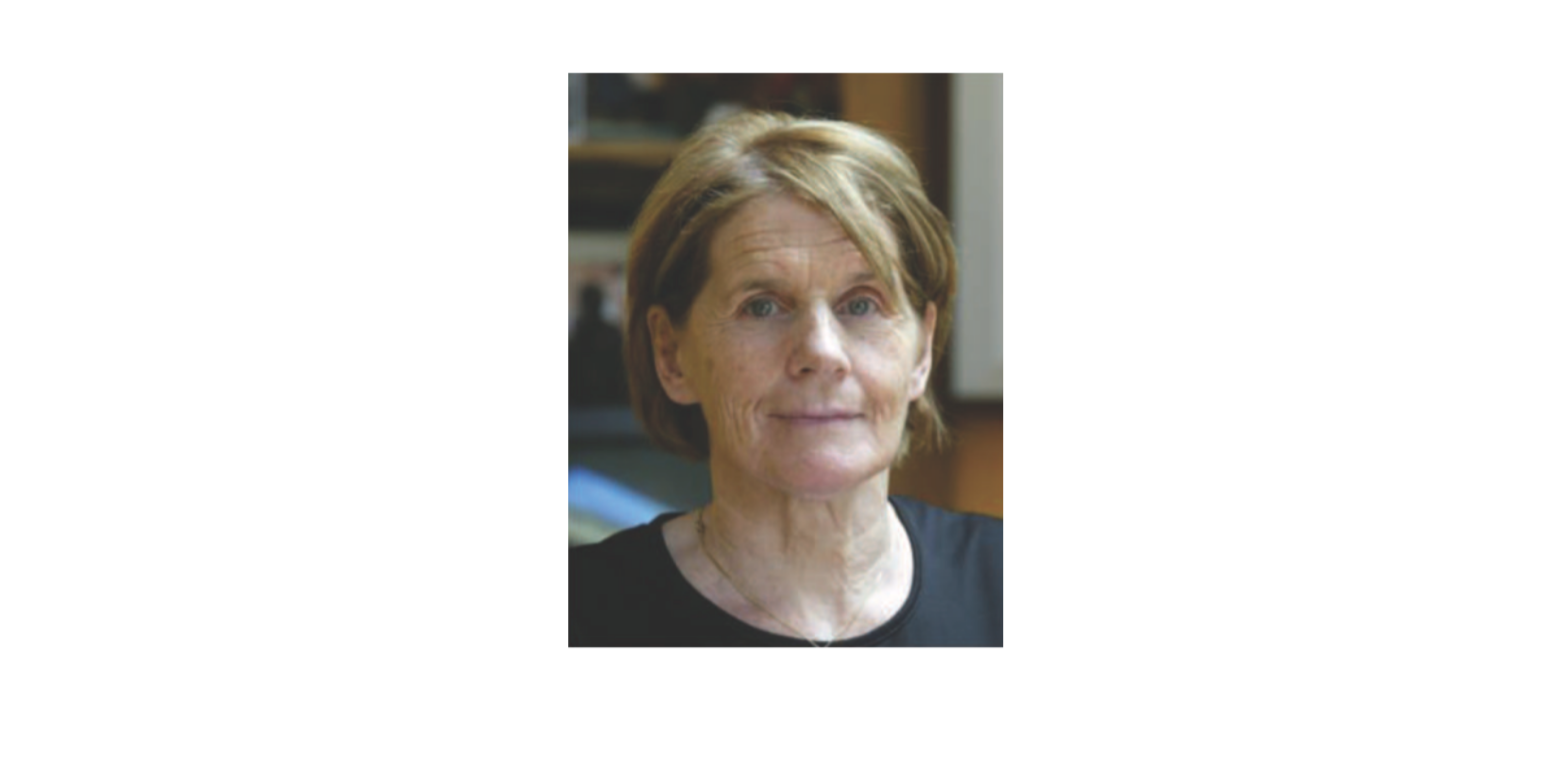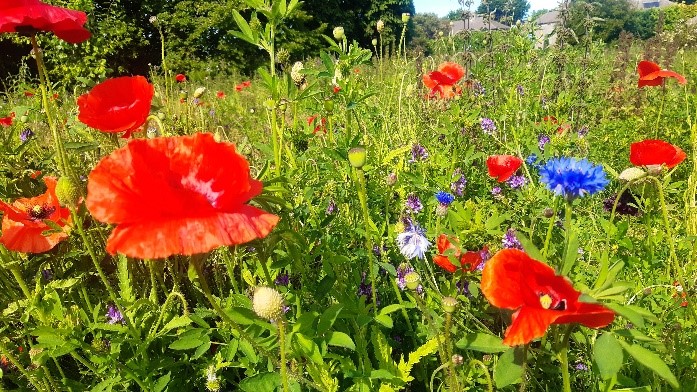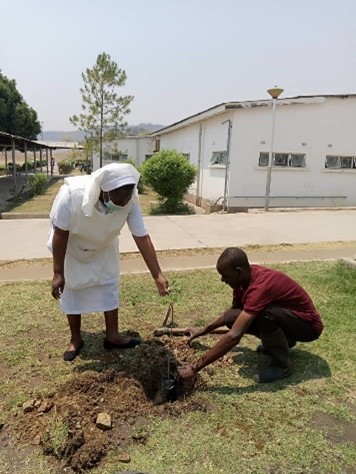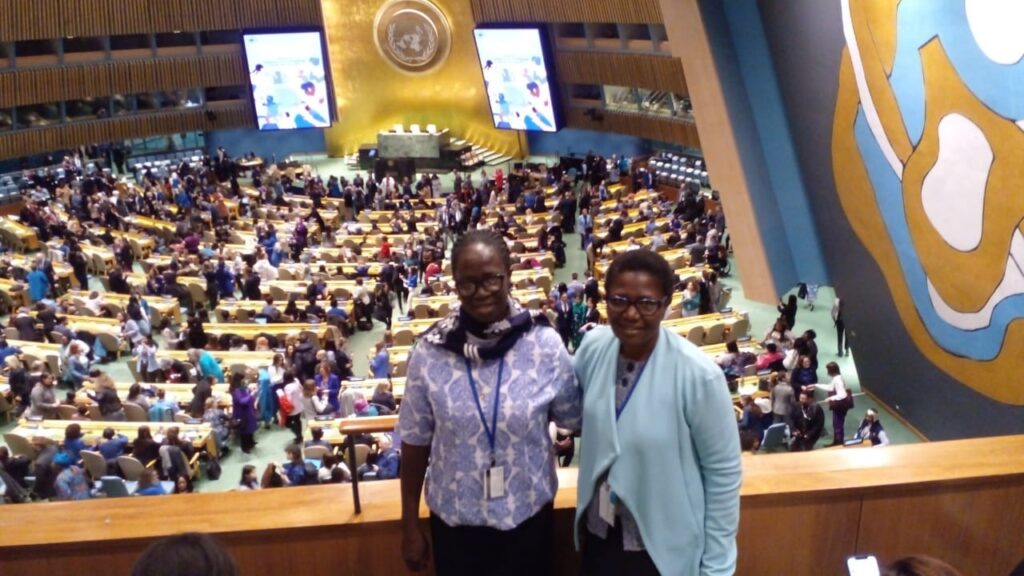
The Commission on the Status of Women (CSW) is the United Nations’ principal global policy-making body dedicated to gender equality and the advancement of women. The 67th session of the Commission on the Status of Women – the first in-person gathering since 2019 – took place from 6-17 March 2023. Sr Kayula Lesa (Zambia) and Sr Justina Nelson (Nigeria) represented the Religious Sisters of Charity.
The CSW’s work focuses on promoting women’s rights, documenting the reality of women’s lives throughout the world, and shaping global standards on gender equality and the empowerment of women. Bringing together all member states along with a large civil society presence, the Commission meets annually in March.
Each year, the CSW focuses on a priority theme for the year as well as the review of a previous theme. In 2023, the priority theme was the ‘Innovation and technological change, and education in the digital age for achieving gender equality and the empowerment of all women and girls’.
Sr Kayula and Sr Justina’s work involves anti-human trafficking campaigning and the development of rural areas. Sr. Kayula is also a Director of Talitha Kum Zambia (TAKUZA), a Counter-Trafficking National Network comprising of 45 Catholic Religious Women Congregations and individuals with a passion to end human trafficking. TAKUZA’s mission is to stop human trafficking by awakening communities to its vices through education, advocacy and the accompaniment of survivors and victims.
Speaking to Global Sisters Report while in New York, Sr Kayula said that she “felt very inspired to meet so many women leaders and to learn from them” throughout the session.
“We need to emphasize that everyone deserves access to computer and digital technology. That would work to our advantage as a society.” By easing girls’ access to digital technology, she added, job prospects can be improved and girls can help support their families economically.
“In our African context,” said Sr Kayula, “people’s lives change when girls are educated.”
Reflecting on the CSW, Sr Justina Nelson was “was struck by the passion, zeal and enthusiasm of the delegates and participants at the different levels with a common interest-gender equality, technology and innovation for women and girls.”
A question raised by Aborigines certainly resonated with Sr Justina. “‘How could the indigenous people who couldn’t understand the language of the computer be carried along in this digital business? Can it be translated into their language?’ How could the rural poor child from these innovative change without connection?”
“The challenge now is putting the experience at the UN in practice by encouraging girls and women to participate in Science, Technology, Engineering and Mathematics and to be innovative. Men and boys, too, have to be challenged to treat their female counterparts with dignity and equal rights starting from the home.”

